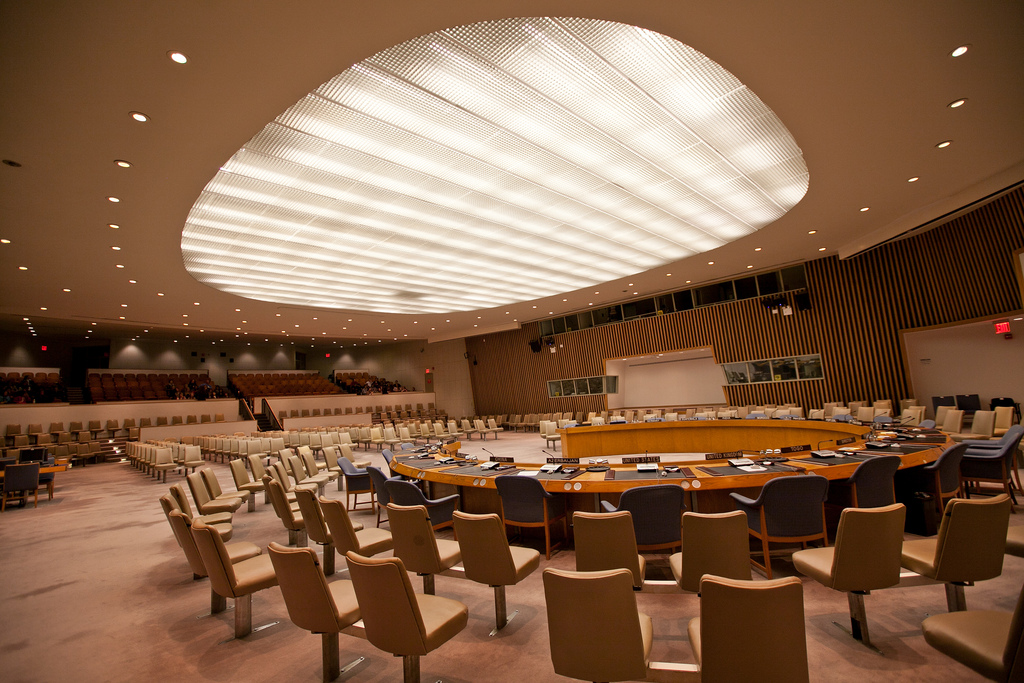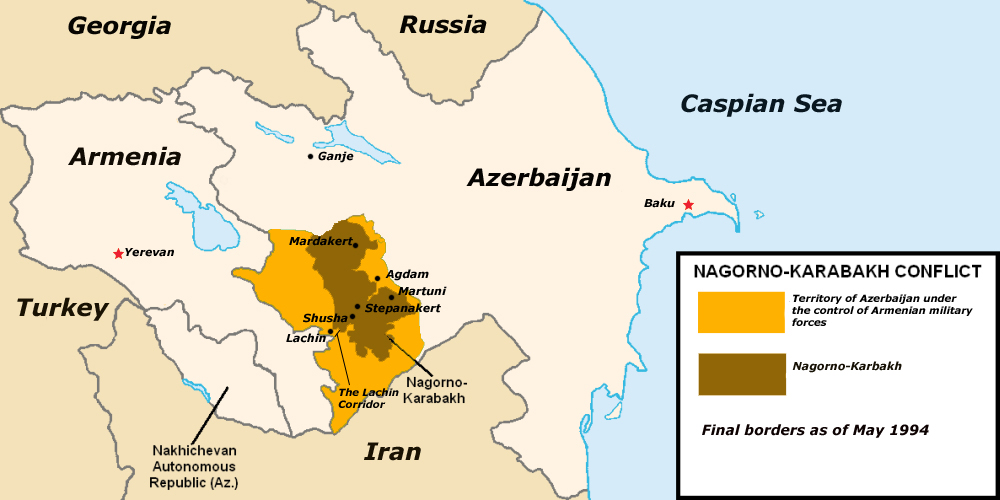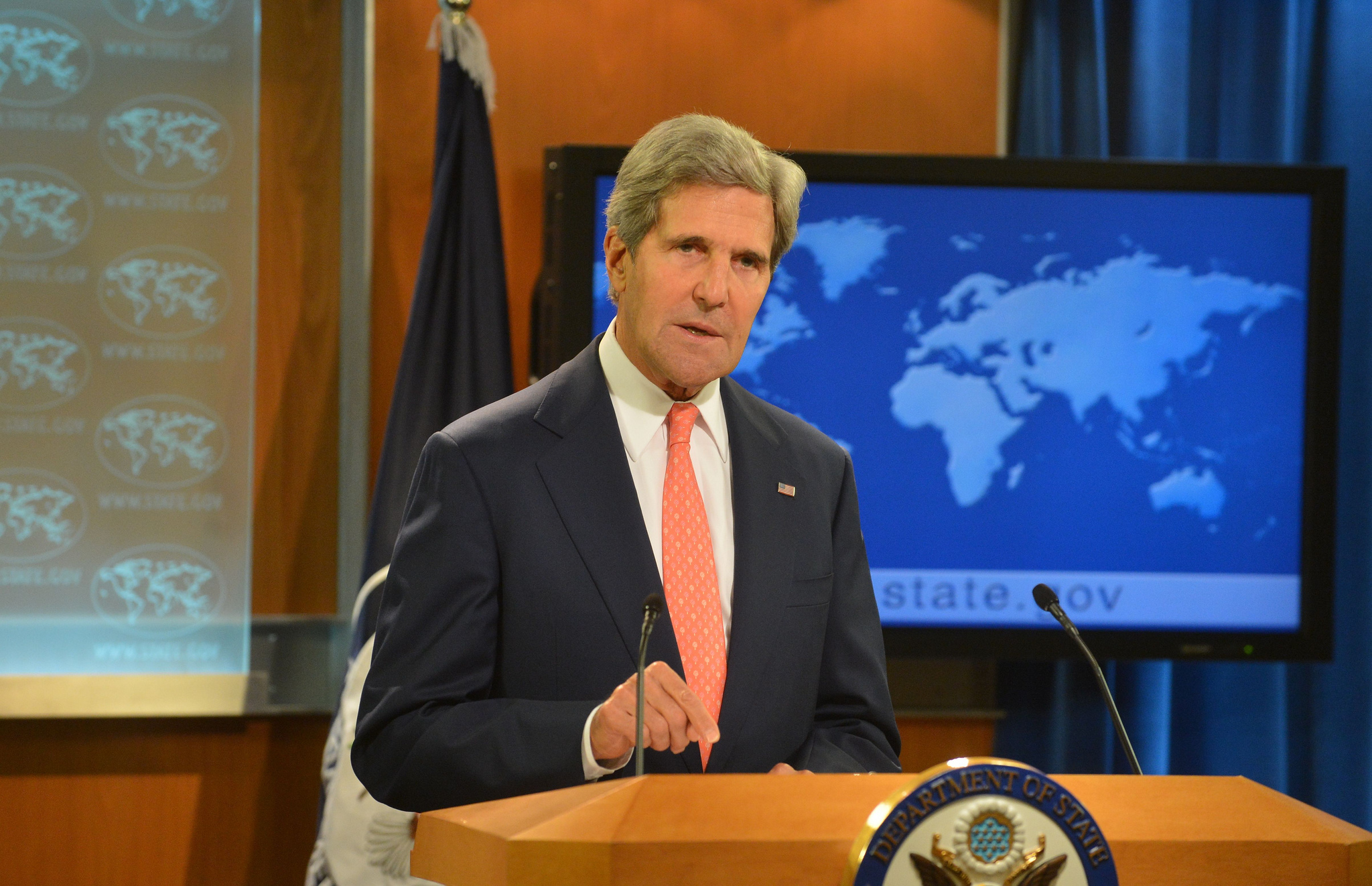Ideally, spies should keep out of politics. Politics should not influence the work of intelligence agencies. That is how it is supposed to work, but even before President Trump assumed office, both his opponents and supporters have complained of violations of the barriers between politics and intelligence.
Since the debates over whether intelligence on Iraqi WMD was manipulated in the run-up to the invasion in 2003, academic researchers have made great progress in understanding how intelligence becomes politicized. They have found that politicization can happen from the top down, when politicians pressure intelligence agencies to produce analysis supportive of their policies. Intelligence officers themselves can also manipulate information for political ends in a bottom-up process.
Politicization from below
President Trump’s supporters have expressed concern that a “deep state,” including the country’s intelligence agencies, is resisting the implementation of his administration’s policies.
This suspicion has allegedly led the administration to consider hiring private intelligence contractors.
Political scientists would categorize this as fear of politicization from below. From the outside, it is difficult to observe whether intelligence agencies are currently skewing their analysis to stymie the Trump agenda. But they have politicized their reporting before.
Why would intelligence professionals distort their own analysis? Firstly, they might fundamentally distrust the capability or good will of senior policymakers’ to work in the national interest. Secondly, they may have personal ideological or policy views and want to push policymakers to select their favorite policy option, or undermine an existing policy they see as damaging. Thirdly, there are personal career and bureaucratic interests. Amy Zegart has shown how difficult it can be for policymakers to force necessary change in bureaucratic institutions may also make them slow to adapt to changes in the environment.
If intelligence agencies cannot influence the course of policies through internal channels, this kind of politicization from below can also be accomplished by leaks to the press. As a recent example, consider how intelligence evaluations of the rationality of North Korea’s leader are at odds with the assumptions underlying the administration’s policies.
Politicization from above
Even as the Trump White House suspects the intelligence community of producing politicized assessments, the administration’s critics are issuing counter-charges of politicization. The current CIA director, Mike Pompeo has already been seen as representing the president’s views more than those of his intelligence officers. Rumors that he would be replaced with Senator Tom Cotton has heightened these fears of politicization from above.
American intelligence is an especially tempting target for politicization from above. In most democracies, intelligence services are the executive branch’s internal tool, not independent referees of facts or information sources for legislators. Amy Zegart has demonstrated that congressional oversight of the intelligence community is weak, but members at least receive independent briefings from intelligence agencies, which they can use to judge how well presidential policy aligns with the intelligence. This gives the intelligence agency an independent role of pronouncing on what is factual, and what is not.
As a result, as Joshua Rovner’s research shows, top-down politicization happens when political leaders look to promote their foreign policies and point to intelligence as a secret and objective reasons to follow their proposed course of action, which sometimes requires fitting the intelligence to match the policy, rather than the other way around.
Glenn Hastedt has devised a sliding scale of the subtlety and coercion involved in top-down politicization. The bluntest ways include coercing “analysts into adopting a certain set of assumptions or conclusion or in the extreme overruling analysts and imposing a conclusion on the analysis.“ This might work on occasion, but it’s also easy to get caught.
Personnel decisions are another powerful politicization tool. Rovner points out that a good way of making sure analysts are pliant is to appoint managers at intelligence agencies that reliably share the president’s policy perspectives. This can help align intelligence reporting with an administration’s view of the world.
On the subtler end of Hastedt’s spectrum are “deliberate attempts to alter the assumptions underlying an analysis, the decision rules by which an analysis moves forward, and the institutional setting within which these deliberations occur.” This works because intelligence analysts are not there to answer easy questions. Uncertainty and close calls are easier to manipulate, for example by framing the questions they put to their intelligence briefers in order to affect the answer.
The line between politicization and market research
If politicization were only undermining the ability of intelligence agencies to provide objective analysis of the threats facing the country, it would be easier to spot and eradicate. But policymakers are the ultimate customers for intelligence analysis. Serving them useful and actionable information requires that analysts understanding the needs of the those elected to implement their vision for American security and interests in the world.
The right balance between understanding their customers and becoming co-opted by their political agendas has been debated from the founding of America’s intelligence institutions even among intelligence professionals. One side argues that analytic integrity is best protected by maintaining distance. The other side warns that this renders intelligence useless in the execution of America’s foreign and security policies.








1 comment
It seems obvious that supposedly factual discovery is politicized (one might say tribalized) at both top and bottom. People interested in the truth are few, in Intelligence as in almost any other social project, and the results show — in the case of the US, good examples are the invasion of Iraq and the war in Vietnam. What would be really interesting would be to figure out how to escape the blinders, the leash, and the whip.